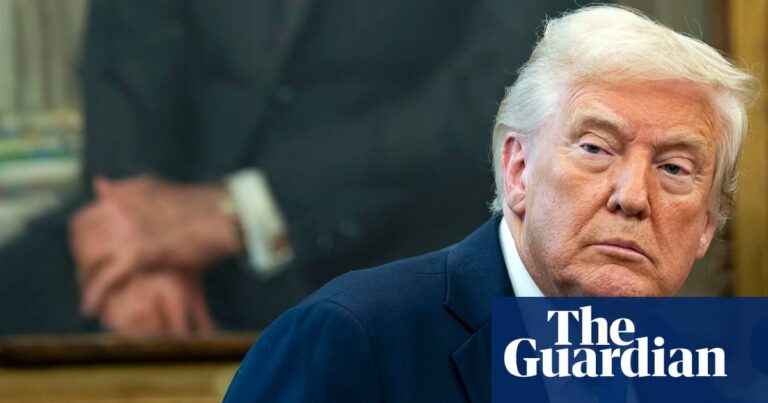Trump’s Tariff Strategy and U.S.-China Trade Relations
During a recent White House news conference, President Donald Trump stated that while high tariffs imposed on Chinese goods will “come down substantially,” they will not reach zero. This statement has raised questions about the future of U.S.-China trade relations amid ongoing negotiations.
Background on U.S.-China Tariffs
Trump’s administration implemented significant import taxes of 145% on Chinese products, prompting China to retaliate with its own 125% tariffs on U.S. goods. This tit-for-tat has not only strained economic relations but has also resulted in volatility within the stock market and increasing interest rates on U.S. debt, creating concerns about a potential slowdown in economic growth and heightened inflation.
Insights from Treasury Secretary Scott Bessent
Trump’s comments followed remarks from Treasury Secretary Scott Bessent, who indicated that the current high tariffs are unsustainable and anticipated a “de-escalation” in the trade conflict between the two largest economies. Bessent emphasized that neither the U.S. nor China finds the present circumstances acceptable, hinting at a need for negotiation and compromise.
Market Reactions
Following Bessent’s statements, the S&P 500 stock index experienced a notable rise of 2.5%, suggesting that investor sentiment may be leaning towards optimism regarding a potential resolution to the trade war. Trump acknowledged this market uptick during an event where Paul Atkins was ceremonially sworn in as the new chair of the Securities and Exchange Commission, yet he refrained from explicitly agreeing with Bessent’s assessment of unsustainable tariffs.
A Cooperative Approach to China
Despite maintaining high tariffs, Trump expressed a desire for a more amiable relationship with China, committing to work collaboratively with President Xi Jinping. “We’re going to live together very happily and ideally work together,” he said, underscoring a shift towards diplomacy amid tensions.
Future of Tariffs and Trade Agreements
Trump assured that tariffs would decrease from the current levels but stopped short of providing specific targets. He stated, “It won’t be that high, not going to be that high,” while indicating an openness to continued negotiations not only with China but also with other countries such as Japan, India, South Korea, the European Union, Canada, and Mexico.
Warning from China and Global Trade Dynamics
In a related development, China cautioned other nations against forging trade agreements that might undermine its interests. The Chinese commerce ministry asserted, “China firmly opposes any party reaching a deal at the expense of China’s interests,” highlighting the sensitive nature of the current trade landscape.
The Federal Reserve and Economic Policy
The uncertainty surrounding tariffs has influenced financial markets, particularly as Trump called for the Federal Reserve to lower interest rates. He expressed urgency for Fed Chair Jerome Powell to act decisively in this regard, although later comments suggested a willingness to maintain Powell’s position for the time being.
As negotiations progress, all eyes are on the evolving trade policies which could significantly affect global markets and the U.S. economy.
